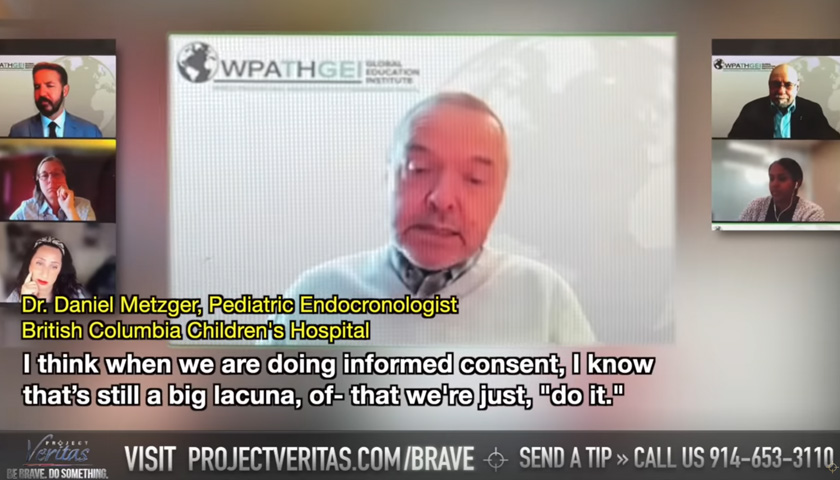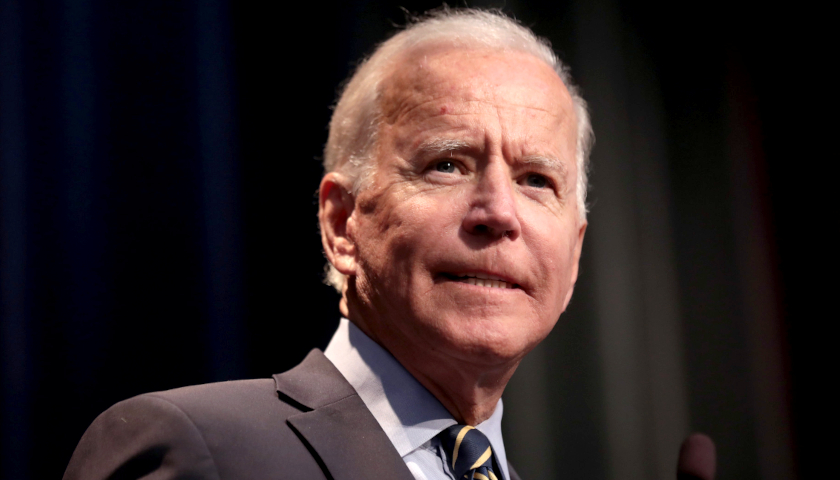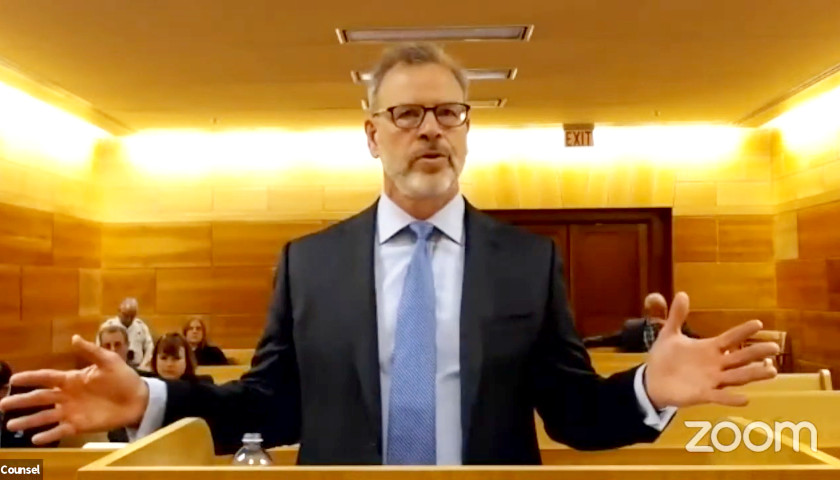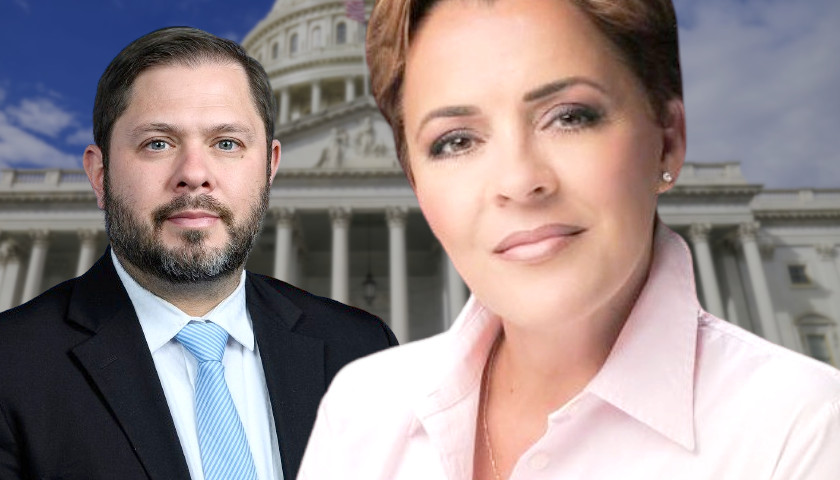A doctor associated with the major professional association for practitioners who provide puberty blockers, cross-sex hormones, and transgender surgeries for young people expressed concern minors do not have the mental capacity to comprehend the results of these life-altering procedures, a Project Veritas report reveals.
“Some of the Dutch researchers started – gave some data about young adults who had transitioned and have reproductive regret – like regret – and it’s there,” British Columbia Children’s Hospital pediatric endocrinologist Daniel Metzger, M.D. told his viewers during a video conference. “And I don’t think any of that surprises us.”
Metzger then went on to claim that transgender medical professionals “try” to discuss with young teens the serious ramifications of taking cross-sex hormones and having transgender surgeries, but admitted the reality is that most teenagers are not “in any kind of a brain space” to have a serious discussion about the consequences of a gender change.
Metzger appears to have presented a video conference as part of the World Professional Association for Transgender Health’s (WPATH) Global Education Institute (GEI).
WPATHGEI provides certified training courses in “Best Practices in Transgender Medical and Mental Health Care,” the organization’s website states.
Project Veritas published the WPATH video one week after investigative journalist Christopher Rufo broke the story that the American Academy of Pediatrics (AAP), the American Medical Association (AMA), and the Children’s Hospital Association sent a letter to Biden Attorney General Merrick Garland with a request that the Department of Justice (DOJ) and social media platforms address alleged “threats of violence” against transgender doctors and hospitals providing minors with “gender-affirming” care.
In their letter, the now-radicalized medical associations also called for the suppression and criminalization of those who publicly oppose gender transition treatments and surgeries for young people:
Our organizations have called on technology companies to do more to prevent this practice on digital platforms, and we now urge your office to take swift action to investigate and prosecute all organizations, individuals, and entities responsible.
Metzger continued in his presentation that 14-year-olds do not comprehend the long-term consequences of transgender treatments, particularly when it comes to sterility and future regrets about no longer being able to have children:
It’s always a good theory to talk about fertility preservation with a 14-year-old, but I know I’m talking to a blank wall, and the same would happen for a cisgender kid right? They’ll be like, “Ewww – kids, babies. Gross.” Or, the usual stock answer is, “I’m going to adopt, just gonna adopt.” And then you ask them, “Well, what does that involve? Like, how much does that cost?” “Oh, I thought you just like went to the orphanage and they gave you a baby.” “No, it’s not quite like that.”
“I think now that I follow a lot of kids into their, into their mid-20s, I’m always like, ‘Oh. The dog isn’t doing it for you, right?’” Metzger continued. “Yeah,” they’re like, ‘No, I just found this wonderful partner and now we want to have kids and da-da-da.”
“So, I think, you know, it doesn’t surprise me, but I don’t know still what to do for the 14-year-olds,” the endocrinologist reflected. “The parents have it on their minds, but the 14-year-olds, you just – it’s like talking about diabetic complications with a 14-year-old – they don’t care. They’re not going to die. They’re going to live forever, right?”
“So, I think, I think when we’re doing informed consent, I know that that’s still a big lacuna of that – we’re just, ‘do it,’” Metzger concluded, appearing to state that, in the end, it is most important for 14-year-olds to be “happy in the moment.”
“We try to talk about it, but most of the kids are nowhere in any kind of a brain space to really, really, really talk about in a serious way,” he admitted. “That’s always bothered me. But, you know, we still want the kids to be happy, happier in the moment, right?”
Project Veritas Founder James O’Keefe cited the case of Tennessee’s Vanderbilt University Hospital’s transgender clinic, where, as author Matt Walsh revealed, pediatric transgender specialist Shayne Taylor, M.D., explained during a lecture how she convinced the university in Nashville to get into the gender transition business.
“These surgeries are labor intensive,” Taylor emphasized to her audience. “They require a lot of follow-up. They require a lot of O.R. [operating room] time, and they make money – they make money for the hospital.”
Vanderbilt was apparently concerned that not all of its staff would be on board. Dr. Ellen Clayton warned that "conscientious objections" are "problematic." Anyone who decides not to be involved in transition surgeries due to "religious beliefs" will face "consequences" pic.twitter.com/CgNicrG4Mg
— Matt Walsh (@MattWalshBlog) September 20, 2022
Vanderbilt’s Ellen Wright Clayton, J.D., M.D., a professor of pediatrics, law, and health policy, and the co-founder of Vanderbilt University School of Medicine’s Center for Biomedical Ethics and Society, also lectured hospital staff that “conscientious objectors” are “problematic,” and that personnel who refuse to be involved in transgender surgeries due to their “religious beliefs” will face “consequences.”
The medical center paused the policy allowing for “gender affirming” procedures for patients under 18 years of age after widespread backlash.
WPATH is considered the premier organization of the transgender medical industry and publishes the Standards of Care and Ethical Guidelines that the organization and its members claim represents a “professional consensus about the psychiatric, psychological, medical, and surgical management of gender dysphoria” and the “parameters” within which professionals may work in this area.
– – –
Susan Berry, PhD, is national education editor at The Star News Network. Email tips to [email protected].
Photo “Daniel Metzger” by Project Veritas.









no matter how many times a lie is repeated, it does NOT become truth!!! God created each human being individually unique and He created them MALE and FEMALE for His purpose. We are as we were born. How we choose to live out our lives is our choice but it should absolutely be left to ADULTS to deform their physical bodies LEAVE OUR CHILDREN ALONE….
Then why is the moron doing what he’s doing???